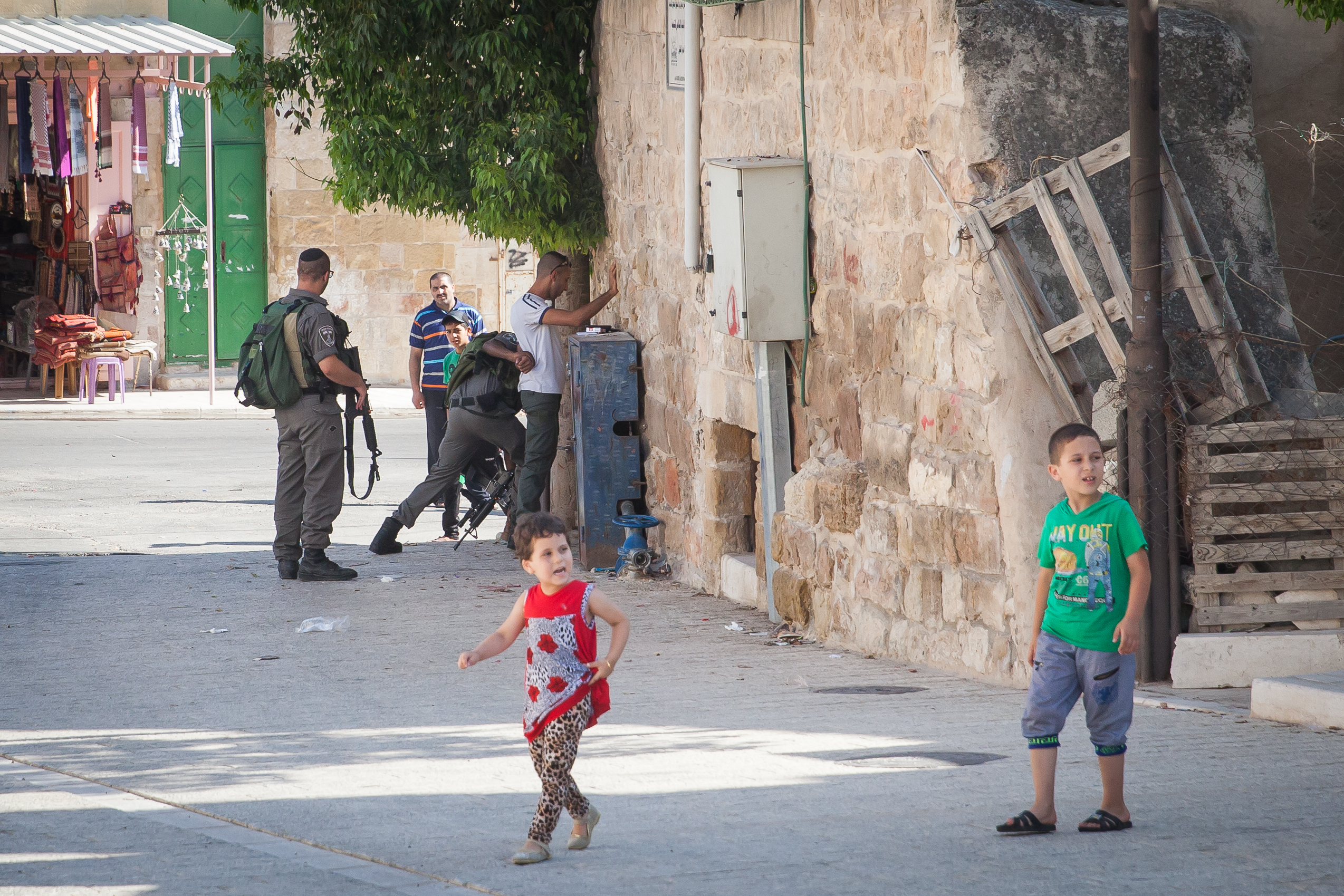Tag: extrajudicial execution
-
Two Palestinian killed in Hebron and one wounded in Jerusalem in less than 12 hours
19th September 2016 | International Solidarity Movement, al-Khalil team | Hebron / Jerusalem, occupied Palestine On Monday, 19th September 2016, two Palestinians have been gunned down by Israeli forces in occupied al-Khalil (Hebron), and one in illegally annexed East Jerusalem in less than 12 hours. Early in the morning, in the Old City of occupied…
-
Apartheid and racist restrictions around Ibrahimi mosque
5th July 2016 | International Solidarity Movement, al-Khalil team | Hebron, occupied Palestine During the last days of the Muslim holy month of Ramadan, Israeli froces have implemented further restrictions in the area of the Ibrahimi Mosque in occupied al-Khalil (Hebron.) These restrictions deliberately and exclusively target Palestinians in attempts to further cleanse this area…
-
Hebron Human Rights Defender testifies in case of execution of Abdel Fattah al-Sharif
8th June 2016 | International Solidarity Movement, al-Khalil team | Hebron, occupied Palestine On Wednesday, 8th June 2016, human rights defender Imad Abu Shamsiyah testified in Israeli court in the case of the extrajudicial execution of Abdel Fattah al-Sharif on 23th March 2016 in occupied al-Khalil (Hebron). Abdel Fattah al-Sharif and Ramzi Aziz al-Qasrawi were…


